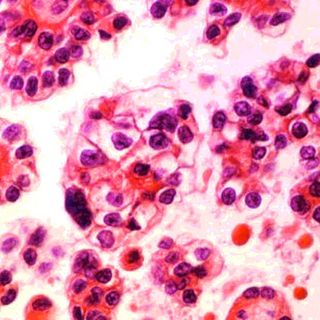For years, clinicians have attributed teenagers’ struggles with mental health issues and substance abuse to poverty, racism and discrimination.
However, a new study has found that it’s not just these factors but also the bond parents have with their children during middle and high school years that quite literally decides whether they will thrive in their teenage years or struggle with mental health and even substance abuse issues.
“We wanted the child’s perspective on the relationship with their parents because ultimately it doesn’t matter much how parents think they are doing,” said Frank Infurna, associate professor of psychology at Arizona State University (ASU) and co-author of the paper. “It’s what the children experience that is far more important in terms of effects on their mental health,” he added.
After assessing 262 students, who came from two-parent families where the parents were white-collar professionals and well-educated to determine their mental health and the quality of relationship between the two, researchers found that, “Kids pulling away from parents is a well-known phenomenon of adolescence, but we found that it really begins in early middle school,” they said.
They added that it was in the sixth grade when children reported a growing disconnect with their parents. During the middle school years, the participants indicated an increase in feelings of alienation from both parents and a decrease in levels of trust and quality of communication.
While their tendency to pull away from their parents was associated with what adolescents would do normally, there was also a natural inclination of parents to give their child space to navigate independence. However, if kids saw this as disengagement, it could lead to problems like higher levels of anxiety.
“Our findings emphasize the importance of parents constantly working on close and supportive relationships with their children, even if the teenager or pre-teen is pulling away,” said Infurna. “The teen might be pulling away as part of the natural process of developing into an individual separate from their parents, but parents remain a primary influence and the primary source of support for the teen,” he added.




